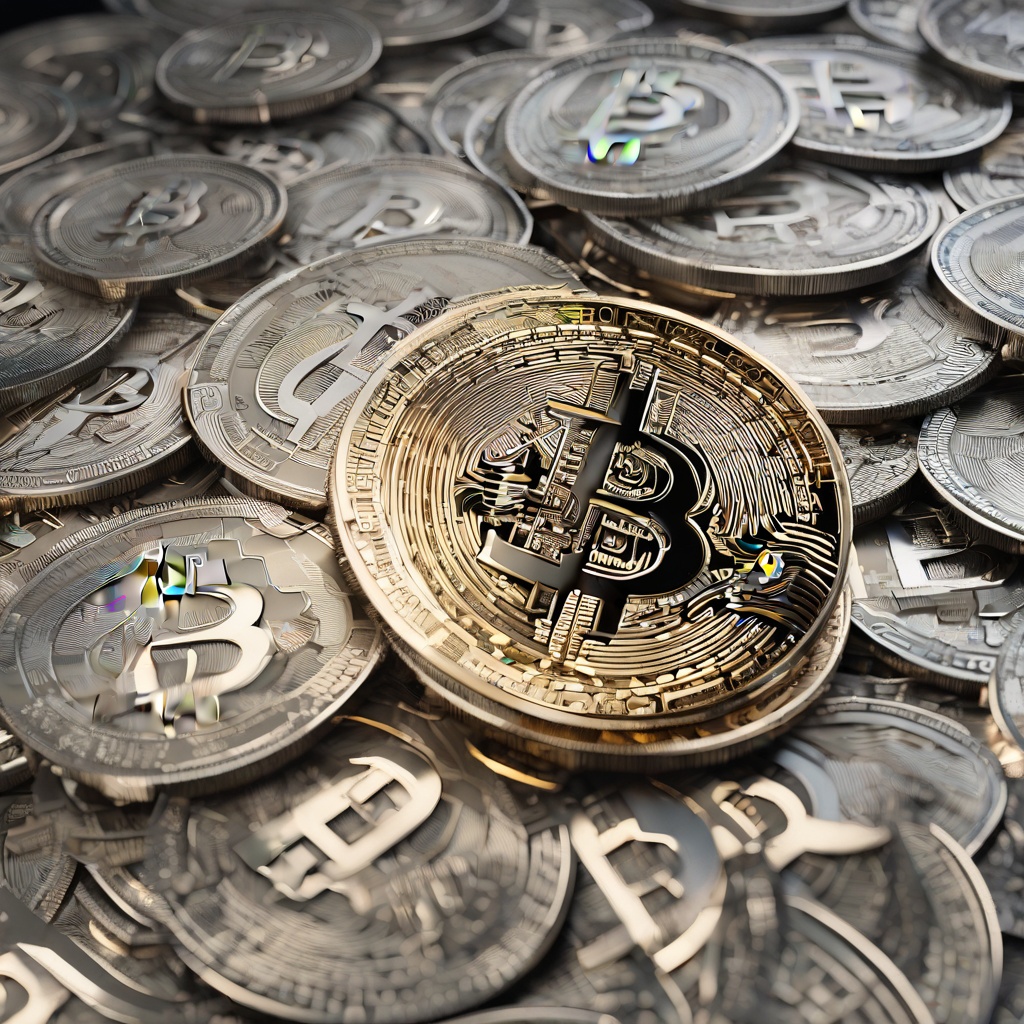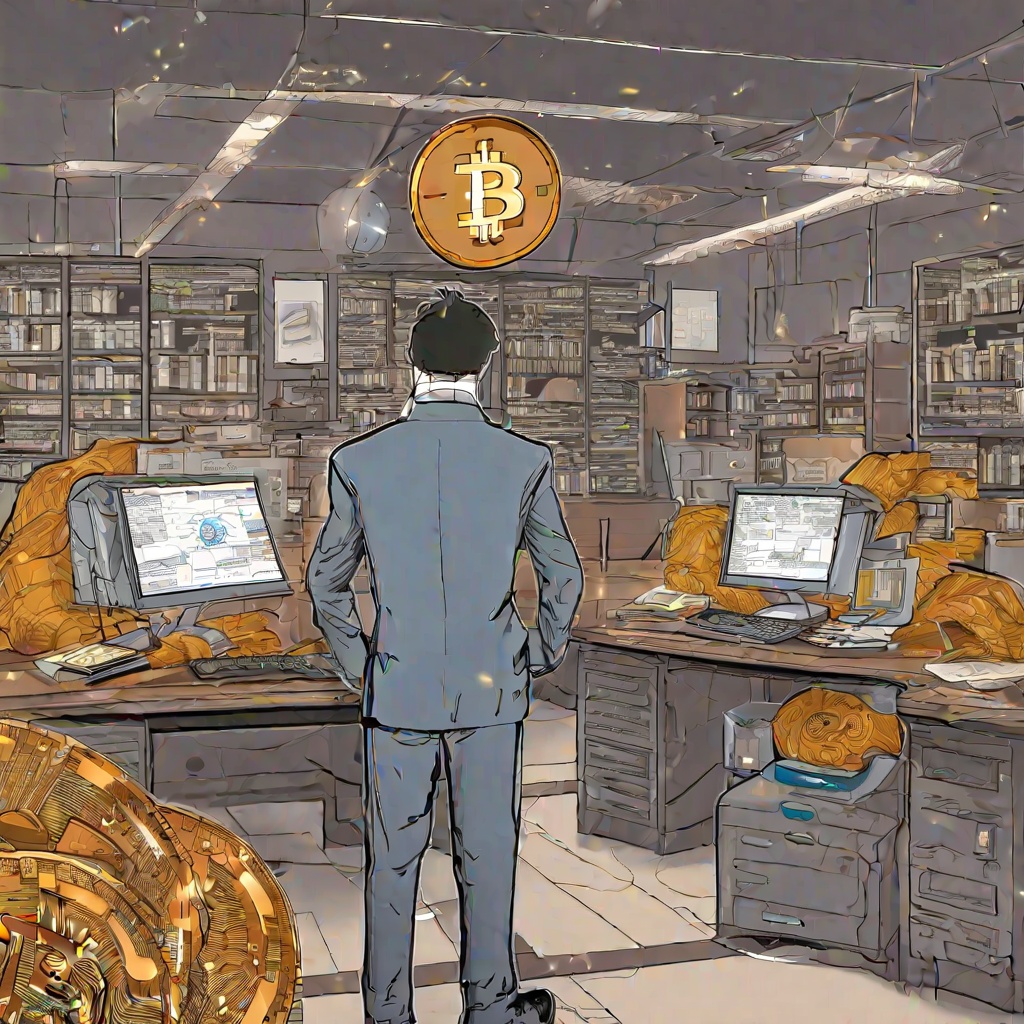Will there be a recession in 2024 or 2025?
I'm wondering if there's a possibility of a recession happening in the next couple of years, specifically in 2024 or 2025. Could someone provide insights on this?

Where is my money safest during a recession?
I'm concerned about the safety of my money during an economic downturn. I want to know where I should keep my funds to minimize the risk of loss and ensure maximum security in such uncertain times.

Should you buy exchange-traded funds if a recession happens?
Should you really be considering investing in exchange-traded funds (ETFs) if a recession is looming? It's a question that many investors are grappling with right now, as the economic landscape becomes increasingly uncertain. On one hand, ETFs offer diversification and low costs, which can be attractive during turbulent times. But on the other hand, a recession can lead to widespread market declines, and ETFs are not immune to these downturns. So, what's the best course of action? It really depends on your individual financial situation and investment goals. If you have a long-term investment horizon and can afford to ride out the ups and downs of the market, then ETFs may still be a viable option for you. However, if you're nearing retirement or have other short-term financial needs, you may want to consider more conservative investments that are less vulnerable to market volatility. Ultimately, the decision is yours. But it's important to carefully weigh the risks and potential rewards before making any investment decisions, especially during times of economic uncertainty.

What is the safest ETF during a recession?
Investors often turn to exchange-traded funds (ETFs) for diversification and stability during times of economic uncertainty, such as a recession. But with so many options available, the question arises: What is the safest ETF during a recession? While there's no one-size-fits-all answer, certain ETFs tend to perform better than others during economic downturns. For example, bond ETFs, which invest in fixed-income securities like government bonds and corporate bonds, can offer stability and income generation. These investments are often seen as less risky than stocks, as they tend to hold their value better during recessions. Additionally, some ETFs that focus on defensive sectors, such as consumer staples and healthcare, may also be attractive options during a recession. These sectors often provide essential goods and services that consumers continue to need, regardless of economic conditions. Ultimately, the safest ETF during a recession will depend on an investor's individual risk tolerance, investment goals, and overall portfolio composition. It's important to conduct thorough research and consider all available options before making a decision. So, what are your thoughts on the safest ETF during a recession?

What happens to crypto if there is a recession?
Cryptocurrency enthusiasts often tout the asset class as a hedge against traditional financial markets, but what really happens to crypto in the face of a recession? Does it truly provide a SAFE haven for investors, or does it succumb to the same downward pressures as stocks and bonds? As the global economy grapples with potential economic downturns, it's crucial to understand the potential impact on cryptocurrencies and how they may fare during uncertain times. So, what are the key factors that could determine crypto's performance during a recession, and what strategies can investors adopt to navigate the potential challenges ahead?

